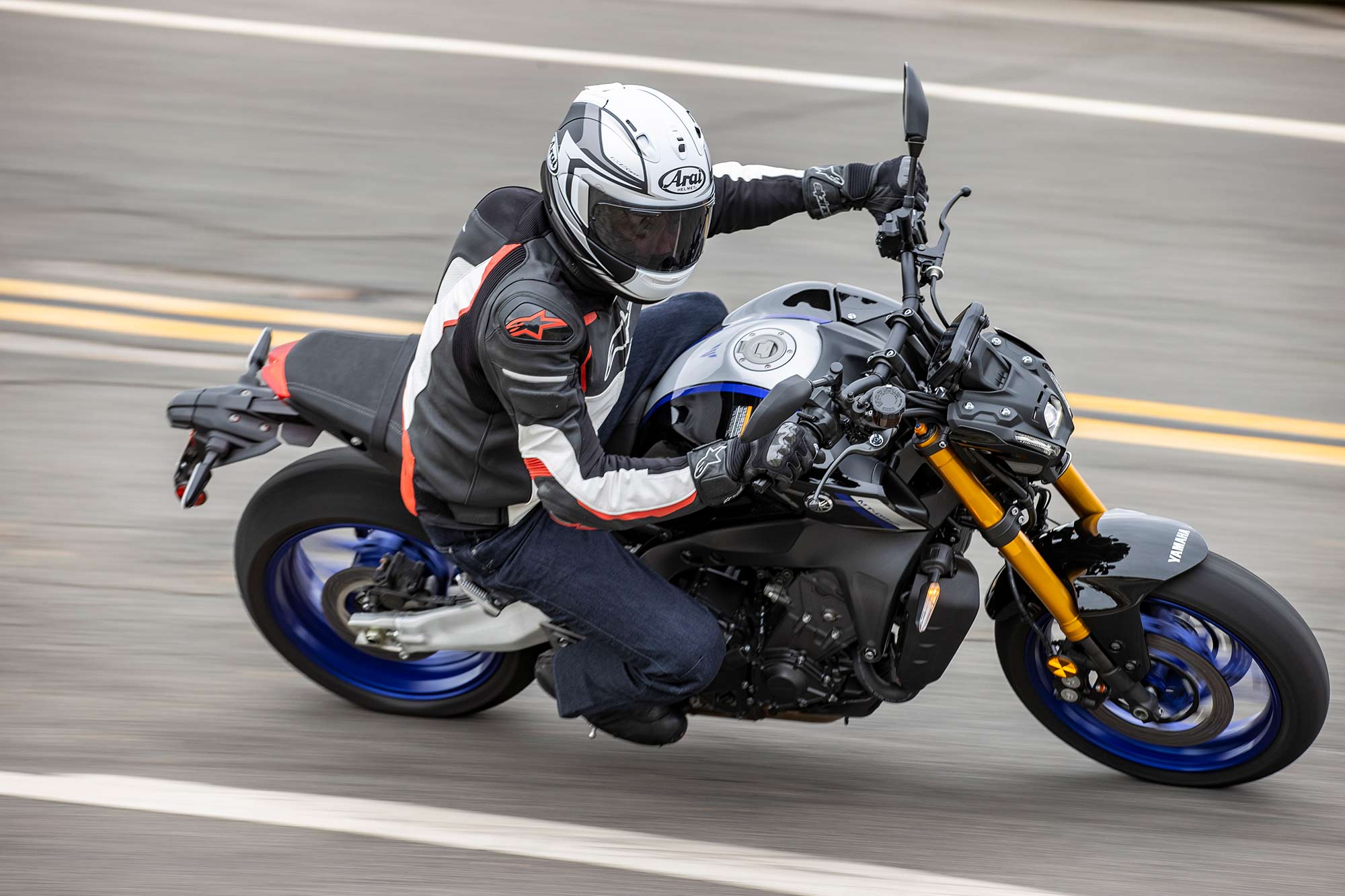1. Determine Your Riding Purpose:
- Identify your primary riding purpose. Do you want a motorcycle for daily commuting, long-distance touring, off-road adventures, or leisurely weekend rides? Your intended use will influence your choice.
2. Understand Motorcycle Types:
- Explore different motorcycle types, including cruisers, sportbikes, touring bikes, dual-sport/adventure bikes, standard/naked bikes, and more. Each type has unique features and characteristics.
3. Consider Engine Size:
- Engine size is a crucial factor. Smaller engines (250cc or 300cc) are ideal for beginners, offering manageable power and control. Larger engines provide more power but require greater skill and experience.
4. Weight and Size:
- Consider the weight and size of the motorcycle. A lighter, more maneuverable bike is often preferable for beginners.
5. Seating Position:
- Choose a seating position that's comfortable for you. Cruiser-style motorcycles have a relaxed, feet-forward position, while sportbikes offer a more aggressive, leaned-forward posture.
6. Motorcycle Gear:
- Invest in proper riding gear, including a helmet, gloves, jacket, pants, boots, and eye protection. Safety should be a top priority.
7. New vs. Used:
- Decide whether to buy a new or used motorcycle. New bikes come with warranties but are pricier, while used bikes can offer good value if you research and inspect them carefully.
8. Budget Planning:
- Set a budget for your motorcycle purchase, including the cost of gear, insurance, and maintenance. Stick to your budget to avoid overspending.
9. Test Rides:
- Test ride multiple motorcycles to get a feel for how they handle. Pay attention to factors like comfort, handling, and responsiveness.
10. Insurance: - Research motorcycle insurance options and get quotes. Be prepared for higher insurance rates for sportbikes and high-performance motorcycles.
11. Maintenance and Repairs: - Learn about the maintenance requirements of your chosen motorcycle. Regular maintenance is essential for safety and longevity.
12. Safety Courses: - Consider enrolling in a motorcycle safety course, even if you have prior riding experience. These courses provide valuable skills and knowledge.
13. Financing Options: - Explore financing options, such as loans or lease programs. Compare interest rates and terms to find the most suitable option for your budget.
14. Resale Value: - Research the resale value of the motorcycle model you're considering. Some brands and models hold their value better than others.
15. Reliability and Reviews: - Read reviews and research the reliability of the motorcycle brand and model. Reliable bikes can save you money on repairs and maintenance.
16. Local Laws and Regulations: - Familiarize yourself with local motorcycle laws, including licensing requirements, helmet laws, and registration procedures.
17. Customization: - Decide if you want a motorcycle that can be customized or one that suits your preferences right off the showroom floor.
18. Additional Features: - Consider additional features like anti-lock brakes (ABS), traction control, and electronic rider aids, which can enhance safety and performance.
19. Resale Value: - Research the resale value of the motorcycle model you're considering. Some brands and models hold their value better than others.
20. Join a Riding Community: - Connect with local riding clubs and online forums to learn from experienced riders, get tips, and find like-minded enthusiasts.
Choosing the perfect motorcycle as a beginner is a significant step toward enjoying the thrill of riding. Take your time, do your research, and prioritize safety and personal comfort. With the right motorcycle, gear, and knowledge, you can embark on a rewarding journey into the world of motorcycling.




Comments (0)